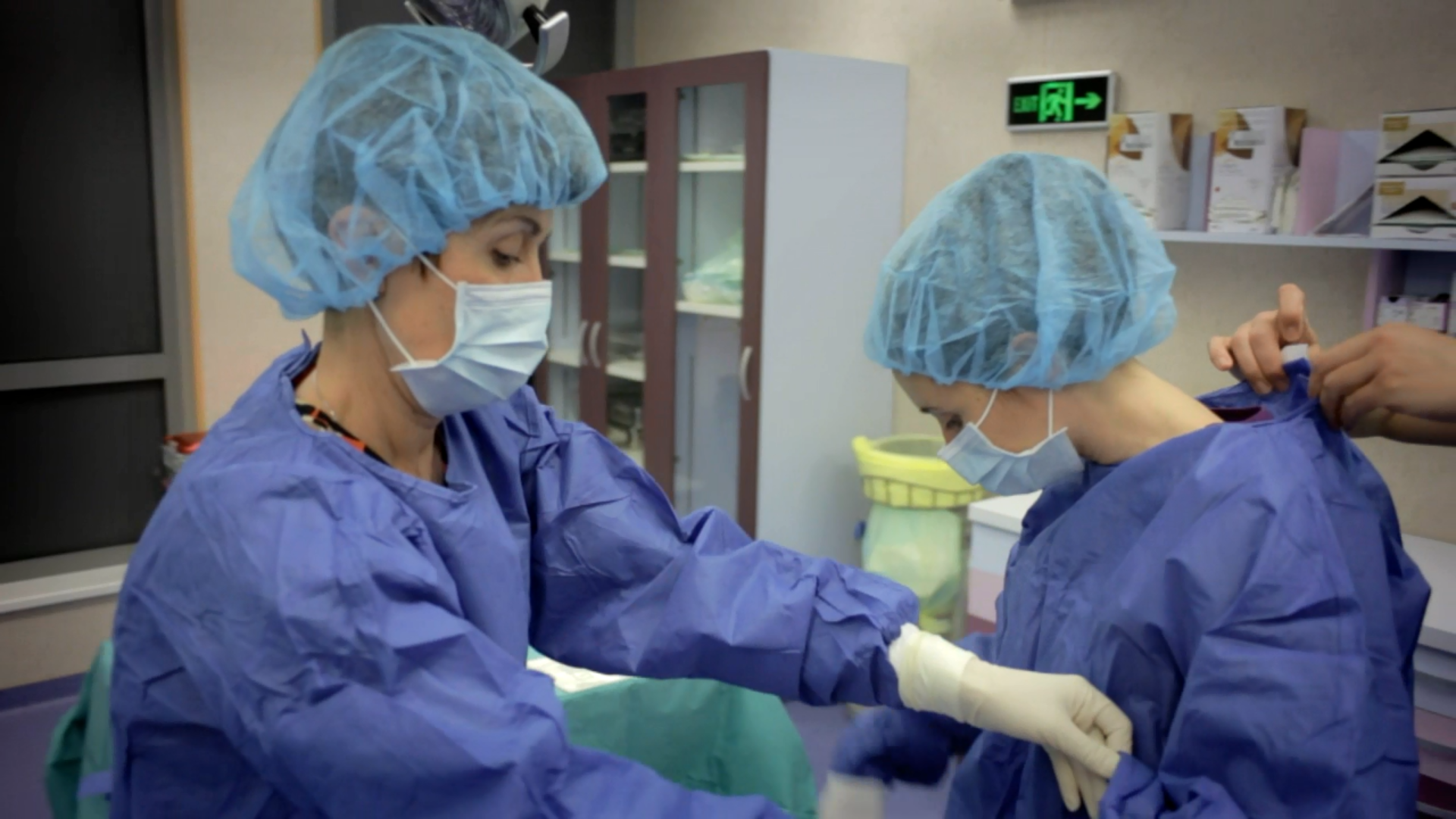Hospital nutrition
What hospital nutrition is?
Eating right means eating different foods that will provide the body with the necessary nutrients like proteins, carbohydrates, fats, water, vitamins, and minerals. Proper nutrition during the hospital stay will help you feel better, keep your strength and energy, get better and recover faster.
We offer healthy and balanced food as an essential part of treatment and recovery to all our patients. The menu is under the requirements for quantity, quality, and caloric value for proper and dietetic nutrition by established diets and hospital nutrition prescriptions. We use high-quality products that contain no health-enhancing impurities and additives.
An optimist would say that hospital nutrition is “healthy eating,” and the pessimist would call it “diet regime.” For the realists it is “moderate and balanced nutrition," and for the medical professionals - "nutritional therapy."
But it does not matter what terminology we will use. Proper nutrition is what suits the individual needs of each so that it is provided with the energy needed for growth, development, and functioning of the body.
How the patients’ diet regime is defined?
The diet regime in the hospital is individually defined for each patient. According to the specific reason for the hospital stay and condition, the prescribing physician prescribes a diet that the patient will follow during the hospitalization. Following the prescribed diet, the patient has the opportunity to choose his breakfast, lunch, and dinner from the menu, receiving help and guidance from the medical staff. The diet regime is formulated, optimized and regulated according to the specific physiological needs of each patient and taking into account personal taste preferences.
Who prepares the food for the patients?
Food is prepared and packed in individual disposable packaging by a certified hospital catering company under current legal requirements. Control samples of the food are also required.
What is the usual diet hospital regime for a medium and high rate of complicity?
Patients get fluids on the day of surgery (6-8 hours after surgery). Liquids include water, various types of herbal tea, hot spices, fat-free broth.
The patients are feed on a liquid- porridge diet on the second and the third day after the surgery in case restored peristalsis. The diet regime is strictly kind. The food is semi-liquid and passed – soup without irritating ingredients, vegetable of potatoes and carrots, lean meats (veal, chicken), yogurt, also fresh desalinated cheese, natural biscuits, and again - herbal teas - rosehip, chamomile, linden, etc.
Gradually, new foods are added, and the menu is enriched. The diet is a restorative in general (so-called Diet No. 15 *). Its purpose is to provide natural and complete nutrition.
During this period carbonated beverages, spices, hot and spicy foods, green beans, beans, peas, cabbage, corn, raw hard fruits, meat, and canned fish, etc. are prohibited.
The food is cooked, baked in an oven and grilled stewed. Panning, frying, toasting and fatty foods are banned. Every day the dishes are prepared with a limited amount of 5-6 g of salt. Food is served warm but not hot. Cold foods and beverages are wholly prohibited.
* In our country, 15 main diets are indicated. They are numbered 1 to 15 and with letters A and B indicating whether the menu is for the treatment of acute or sub-acute stages of a disease. Dietary therapy is based on the constant transition from strict diets to advanced nutrition, respectively to the dynamics of the patient's condition.
 Медицински комплекс „Д-р Щерев”
Медицински комплекс „Д-р Щерев” 